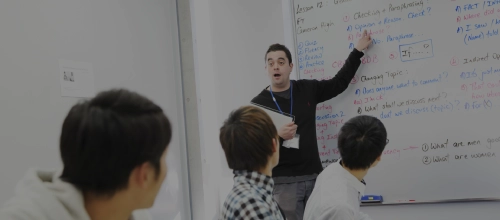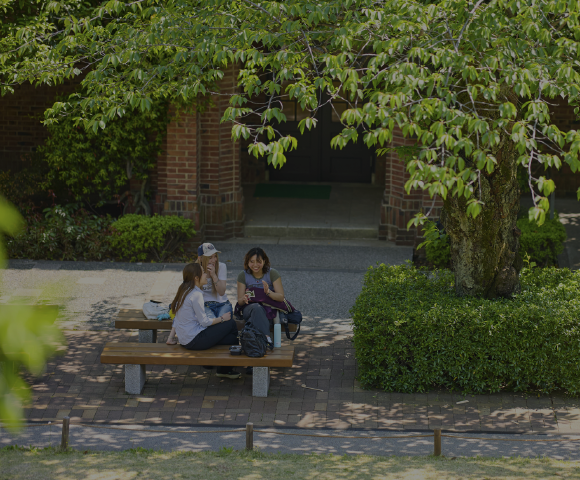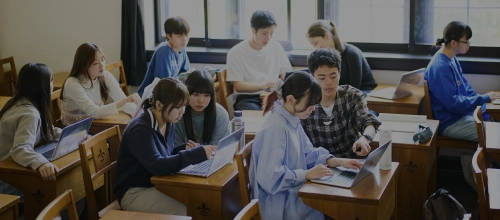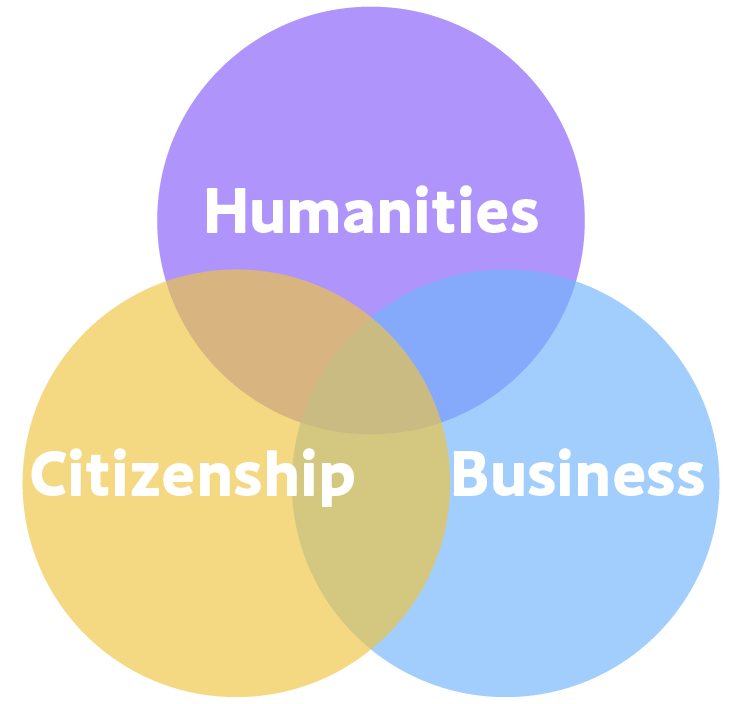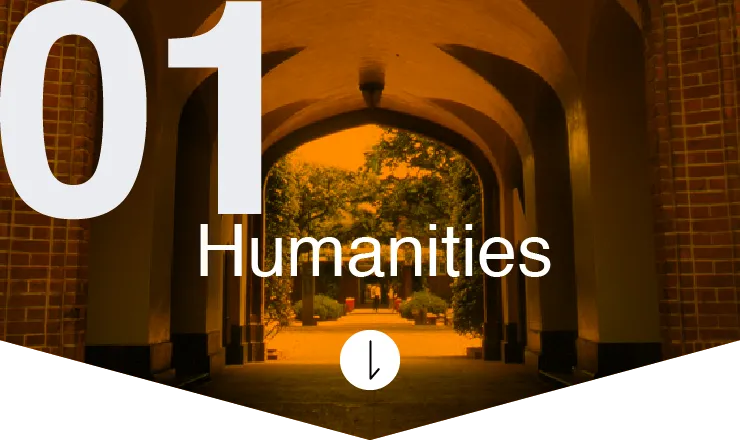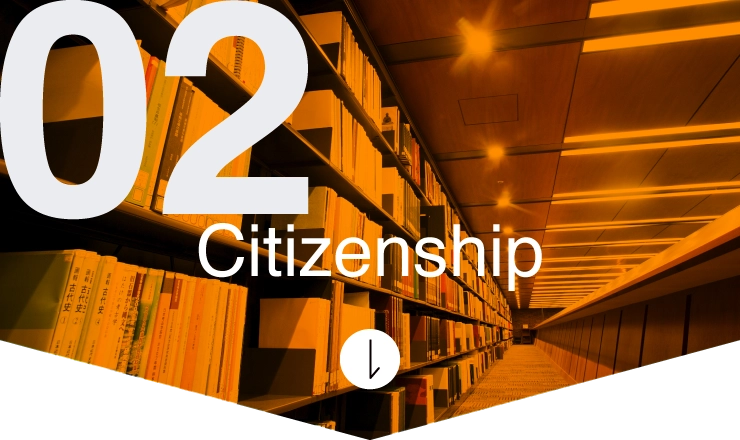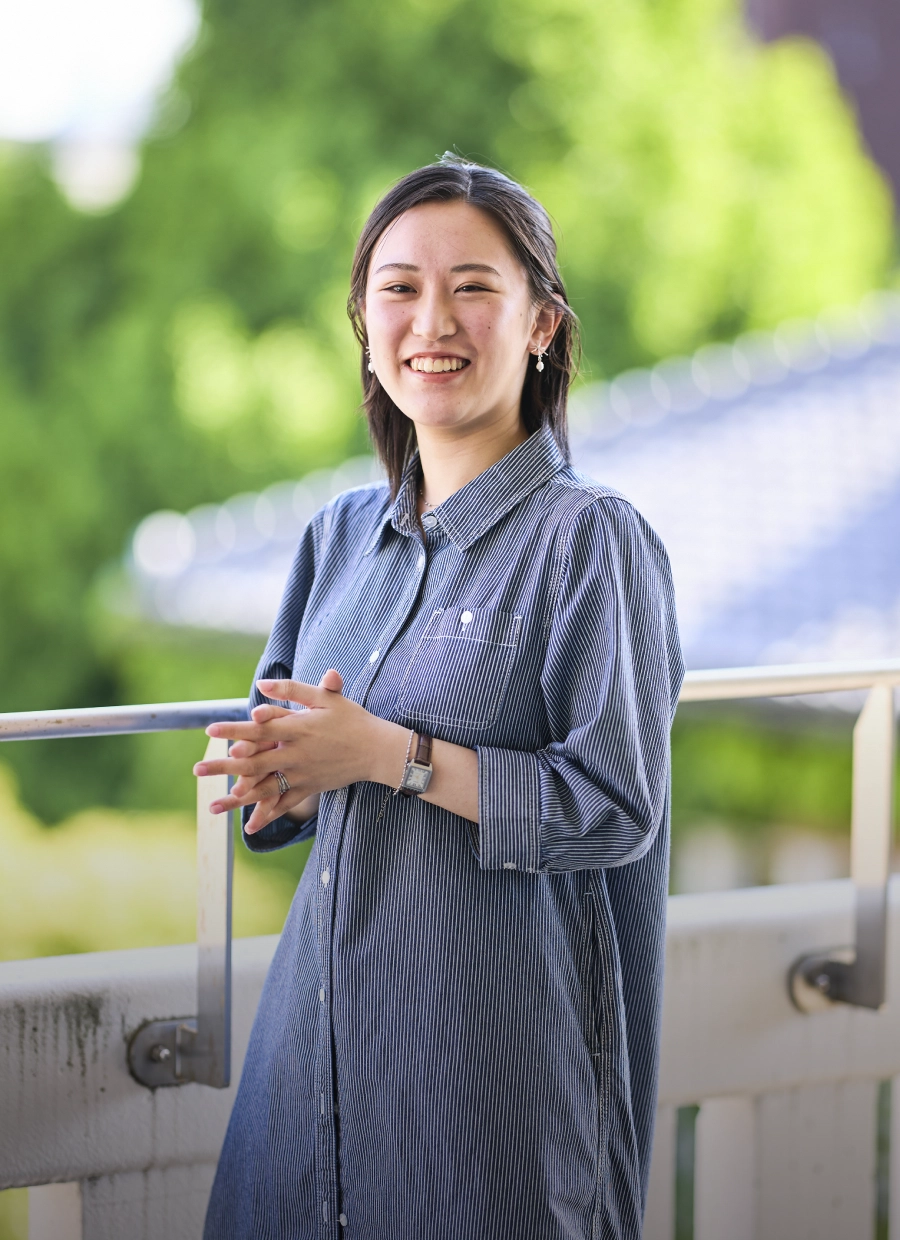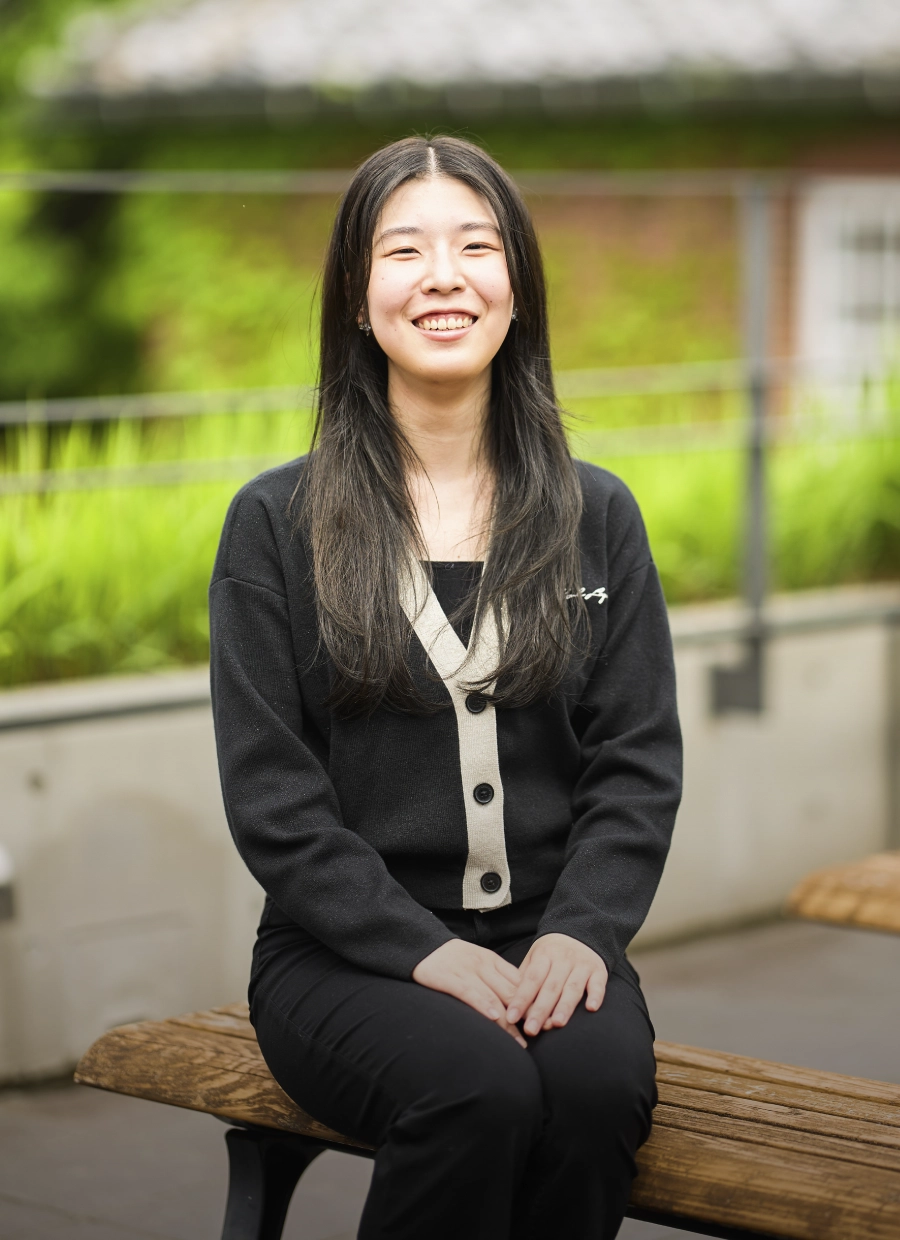Model Course Plan of Global Studies

Examples of Graduation Paper Themes
・Top Artists for Japan’s Cultural Promotion: The Agency for Cultural Affairs’ Strategy in Rebuilding Grants for Emerging Artists
・Translation of Allusions in Poetry in Hong Lou Meng a Comparison of Two Translators’ Strategies for Rendering Literary Allusions in English
・Common Beauty Standards of Japanese Young Females on Instagram: Their Response Actions, and Negative Mental Consequences
・Ontological security of Japan in Diplomacy on Evacuees Admission: Comparative analysis of Afghanistan, 2021 and Ukraine, 2022
・Japanese HRM and its Current Situation
・Culture and Gender Dynamics in Black Friday Online Consumer Behavior: A Comparative Analysis of Black Friday in the US and Japan for young generations, Strategies for Japanese Market Expansion, and Japanese Economic Implications
First Seminar
After choosing a specialization in their third year, students take "First Seminar," which is offered in each field of study as an important subject to deepen their understanding of Global Studies.
Students will learn what specialization is and the perspectives, theories, and approaches that are essential to conducting research in their field of specialization.
Final Year Seminar 1・2
Through small-sized, seminar-style courses taken in the spring and fall semesters of the 4th year, students master the high-level academic skills required for specialized study, including for the completion of their graduation paper in a practical way.
Additionally, studying alongside students who have chosen different fields deepens their understanding of the value and benefits of each discipline and of a liberal arts education.
This will be the culmination of an organic synthesis of expertise and thoughts in the selected field, as well as knowledge and multifaceted perspectives from a variety of fields that have been acquired over the




